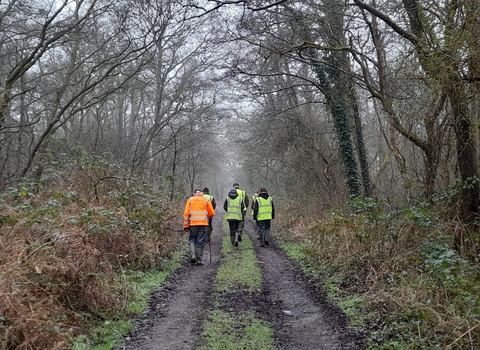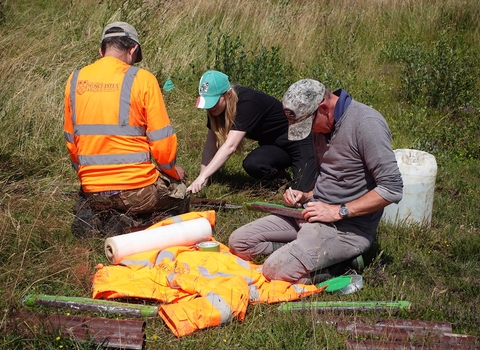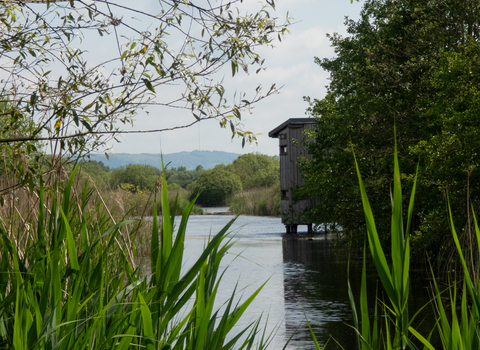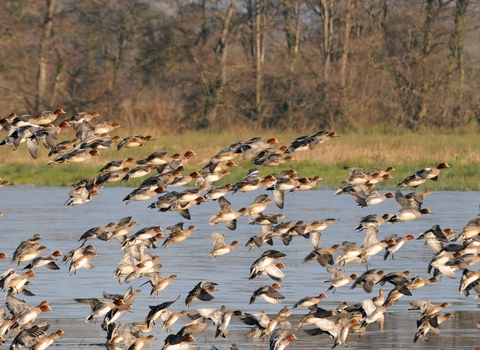What are peatlands?
Peatlands are amazing, wild places, home to rare and unusual plants, birds and insects. They are wetland landscapes characterised by waterlogged soils made of dead and decaying plants, called peat.
Peat forms at an incredibly slow rate, accumulating on average only 1mm a year - that means it takes 1,000 years for one metre of peat to form! The key component of peat is a moss called sphagnum, which forms multi-coloured carpets across the landscape and breaks down very slowly under the waterlogged conditions.
Why are peatlands important?
Our UK peatlands store an amazing 3.2 billion tonnes of carbon. When considered globally, this is even more impressive, as they cover just 3% of land area but in that pack 30% of all soil carbon! In a healthy state, they are also beautiful, dramatic landscapes, and provide homes for a range of rare and endangered wildlife.
But there is even more to peatlands, as they help to alleviate flooding, by slowing the flow of water and filter water, making it cleaner when it comes to our water processing plants - and eventually into our taps, with 70% of drinking water coming from upland areas dominated by peat.
Why should you care?
Sadly over 80% of the UK's peatlands are damaged - and when damaged, the peat becomes dried and exposed to the elements, and instead of storing and taking up carbon emits it back into the atmosphere as CO2. If just 5% more of our peatlands were to go, the amount of carbon lost would equate to the total annual UK man-made greenhouse gas emissions. Therefore it's really important that we restore them back to health, so that they keep carbon locked up in the ground.
The biggest driver for peat damage has been the drainage of peatlands in order to make them more productive for agriculture i.e. less waterlogged and better for growing crops. Other pressures on peatland include the extraction of peat for horticulture. This still continues today and Somerset, sadly, is one of the last places in England where commercial peat digging for compost continues. We are working hard with partners to bring about a complete ban on peat.
Recent news
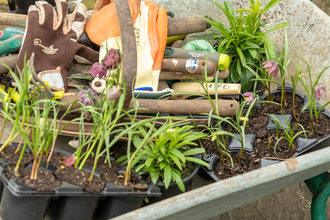
Eight tips for growing without peat
Alice Whitehead from Garden Organic shares advice on using peat-free compost in your garden.
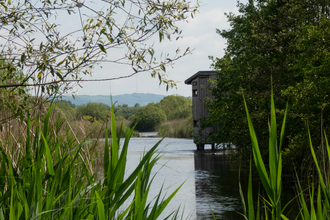
Right Tree, Right Place: Restoring Somerset’s Peatlands
The right tree in the right place can provide many benefits to nature and help in the fight against climate change. However, the wrong…

Somerset Wildlife Trust urge UK Government to fulfil promise to ban sale of peat
Somerset Wildlife Trust are urging people across the county and beyond to complete three simple actions to make some noise for peat, to…


